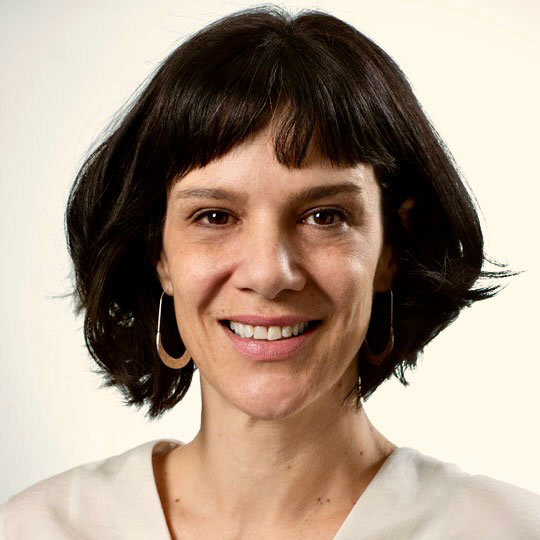Cecilia Garraffo
- Planetary Atmospheres
- Black Holes
- Exoplanets
- Life in the Universe
- Space Weather
- Star Clusters
- Solar-Stellar Connections
- Solar and Stellar Atmospheres
- Machine Learning
- Stellar Structure and Evolution
- Telescopes
- Planetary Systems
- Stellar Astronomy
- Theoretical Astrophysics
- Computational Astrophysics
- Einstein's Theory of Gravitation
- The Energetic Universe
- Instrumentation
About
Dr. Cecilia Garraffo is the founder and director of the AstroAI Institute at the Center for Astrophysics | Harvard & Smithsonian. Awarded the Presidential Early Career Award for Scientists and Engineers (PECASE)—the highest honor bestowed by the U.S. government on early-career scientists and engineers—in January 2025, Dr. Garraffo leads groundbreaking research in AI-driven astrophysical research. Originally from Argentina, she obtained her MS in Astronomy from La Plata National University in 2005, delving into gravitational field theories and various extensions of General Relativity during her graduate studies. In 2010, she earned her PhD in Physics from the University of Buenos Aires, solidifying her expertise in theoretical physics and cosmology.
After completing her doctorate, Cecilia became a research associate at Brandeis University, where she continued her research in theoretical physics and cosmology. She joined the Center for Astrophysics | Harvard-Smithsonian in 2013 as a postdoctoral fellow in stellar astrophysics. During her postdoc, she employed cutting-edge computational algorithms to conduct data-driven astrophysical research, with a specific focus on stellar evolution, activity, X-ray emission, rotation, and the intriguing phenomenon of star-planet interaction. In 2018, Cecilia became part of the Institute for Applied Computational Science at Harvard University, where she formalized her skills in deep learning for astrophysical problems and taught the Master's Program in Data Science. In this period she directed her attention towards uncertainty quantification in deep neural networks, focusing on the development of probabilistic models and Bayesian neural networks to extract fundamental stellar properties from observable quantities.
Cecilia’s research interests include developing generative AI models for astrophysical simulations and atmospheric characterization, as well as stellar rotation, magnetic activity, and their impacts on exoplanet environments.
PhD in Physics, MS in Astronomy
